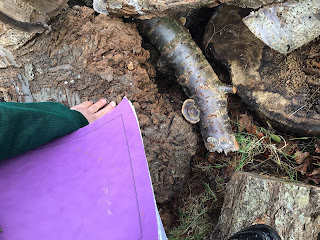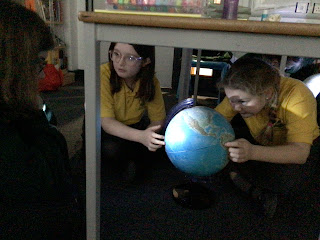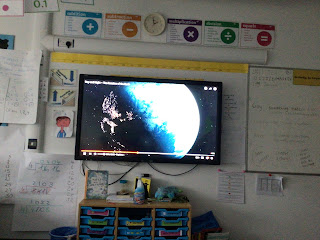This week the children have honed their division skills in maths. In English, they have begun to play with and use relative clauses and parenthesis, which they are now able to use, in their writing. F1 is becoming more real as the children are just about to start writing their speeches and practice their presentations which they will present in two weeks time. In Geography, they looked at time zones and how they work. Well done to the four boys who attended a maths challenge in Ryde, they were great ambassadors for the school.





